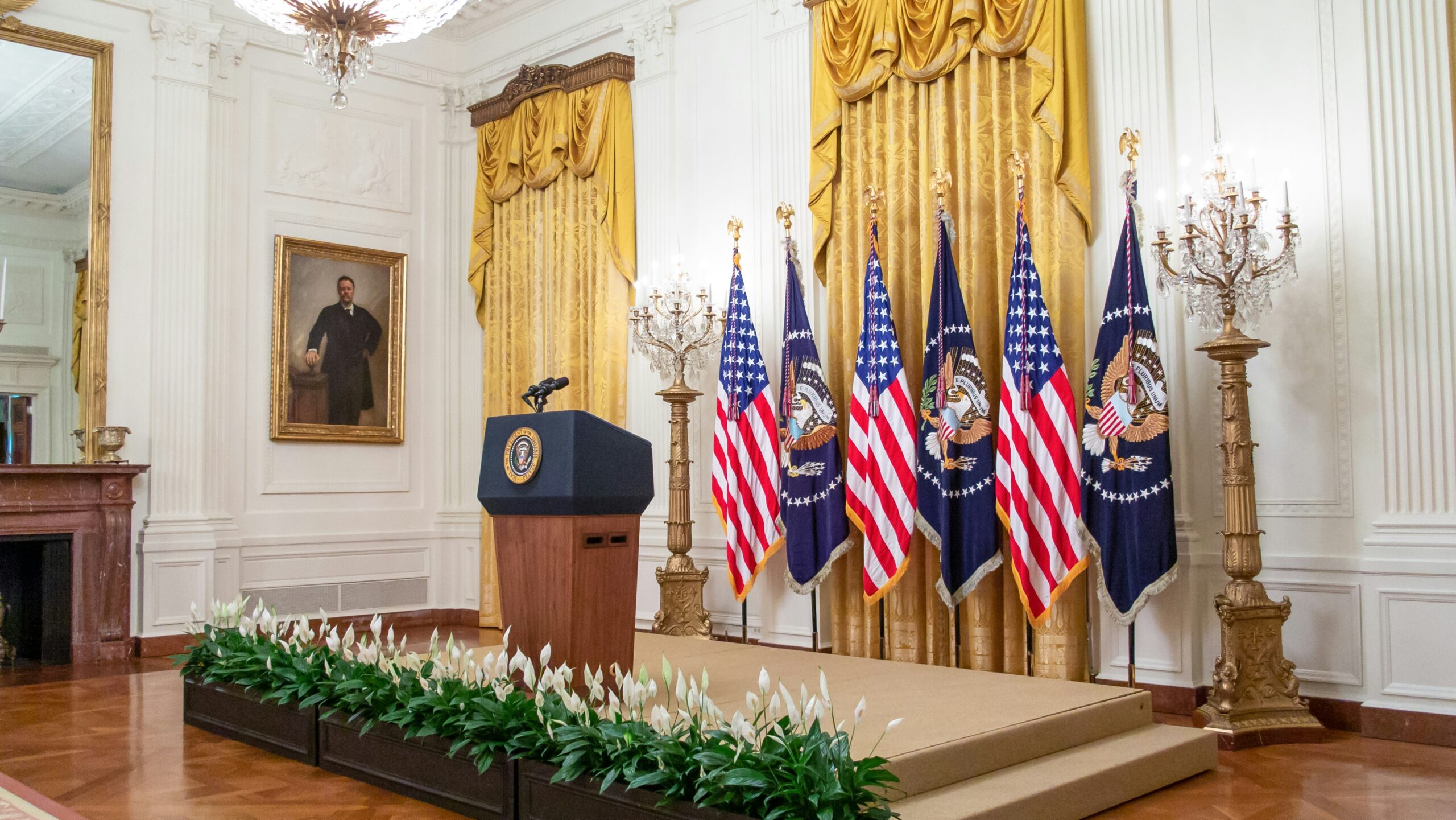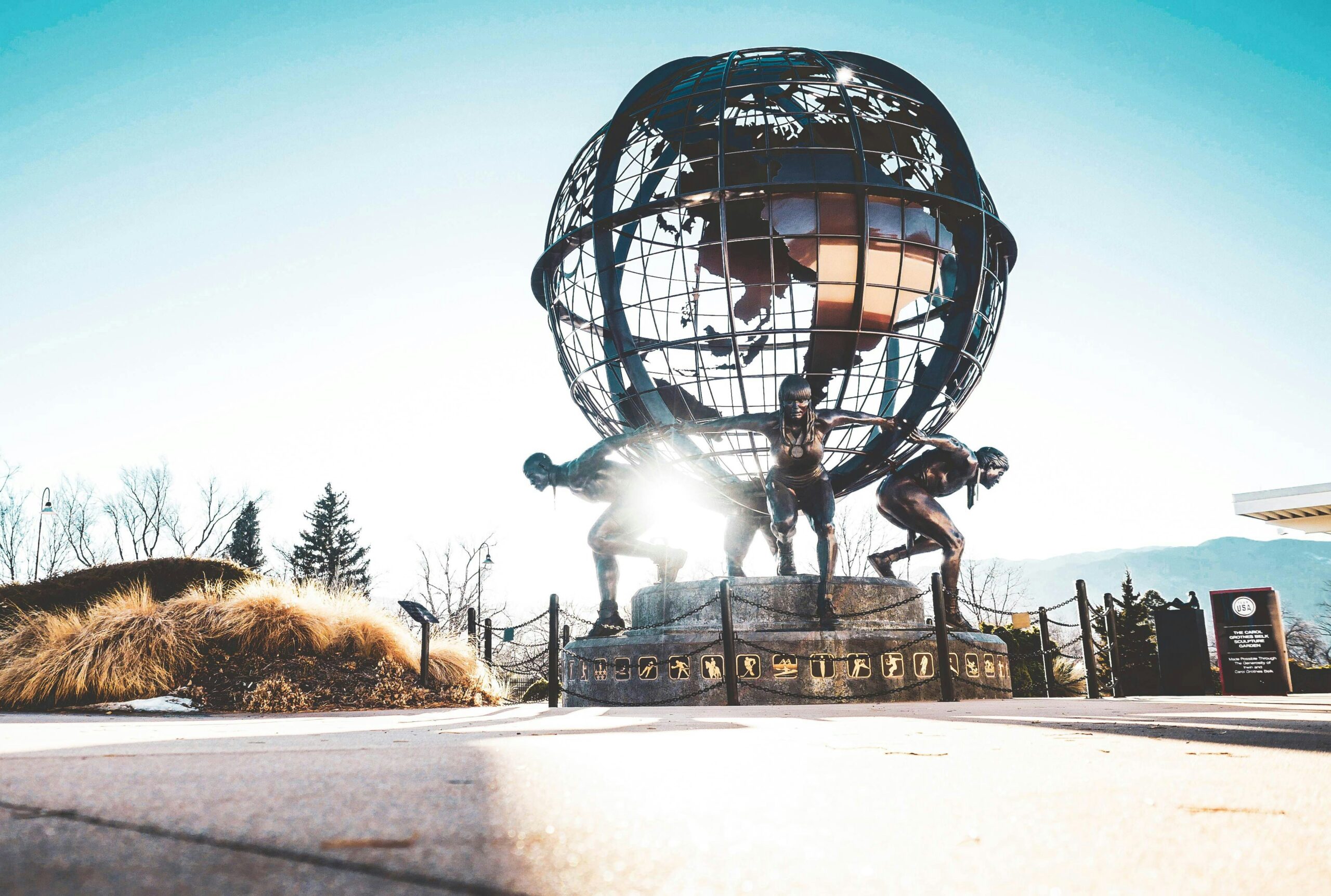Image credit: Unsplash
Amazon founder Jeff Bezos recently announced a major shift in the editorial stance of The Washington Post, the esteemed news outlet he owns. His decision to refocus the Post’s opinion section around “personal liberties” and “free markets” has drawn widespread reactions, with critics initially viewing the move as a turn toward conservative ideology. However, the publication of a transgender rights piece by author Jennifer Finney Boylan has challenged assumptions about the implications of Bezos’s new editorial vision.
Accusations of a Conservative Shift
Speculation regarding Bezos’s political leanings intensified after he reportedly blocked an endorsement of Democratic presidential candidate Kamala Harris. The move led to accusations that Bezos and other business magnates, such as Elon Musk and Mark Zuckerberg, were aligning with conservative circles. Critics further pointed to their presence at Donald Trump’s inauguration as evidence of a shift toward MAGA ideology.
Concerns escalated when Bezos announced changes to the Post’s editorial mission. In a memo explaining the new direction: “I’m writing to let you know about a change coming to our opinion pages. We are going to be writing every day in support and defense of two pillars: personal liberties and free markets. We’ll cover other topics too of course, but viewpoints opposing those pillars will be left to be published by others.”
Former Post editor Marty Baron openly criticized this change, arguing that it contradicts the principles of open discourse. “Bezos argues for personal liberties. But his news organization now will forbid views other than his own in its opinion section,” Baron stated.
A Surprising Addition to the Discourse
Despite fears that the Post’s editorial shift would create an ideological echo chamber, Boylan’s recent opinion piece suggests a more nuanced interpretation of Bezos’s commitment to “personal liberties.” Boylan, a transgender woman, shared her experiences navigating trans identity in America, offering personal insight and social critique.
In her piece, she notably extended sympathy toward Elon Musk, writing: “The greatest obstacle to trans equality is not Donald Trump or even Elon Musk — whose inability to love his own transgender child may well be part of what has driven him to fight what he calls the ‘woke mind virus.’ Whenever I hear Musk berating trans people, my first thought is to have pity: This is a man, above all, with a broken heart, a man hurting because he wrongly thinks that something valuable — a son — has been taken from him.”
Though she downplays Trump’s direct role in obstructing transgender rights, Boylan’s piece nevertheless criticizes his administration’s anti-trans policies.
A Broader Editorial Landscape
Boylan’s voice is not an isolated instance of dissent within the Post’s pages. The newspaper continues to feature perspectives critical of MAGA ideology. A recent George F. Will column titled “A dismal scorecard after two months of the Musk-Trump administration” scrutinizes the current political climate.
Similarly, the Post’s editorial board published “Trump’s efforts to intimidate the legal profession cannot stand,” columnist Karen Attiah warned against the potential erosion of civil liberties in her piece, “We ignore the civil liberties boomerang at our peril.”
A New Chapter for the Post?
Bezos’s editorial shift remains contentious, with critics questioning whether the emphasis on “personal liberties” signals an ideological shift or an expanded commitment to diverse perspectives. Including voices like Boylan’s suggests that the Post’s pages may not be a monolith but a platform for a broad, carefully curated discourse on freedom and rights in America.





























































































































































































































































































